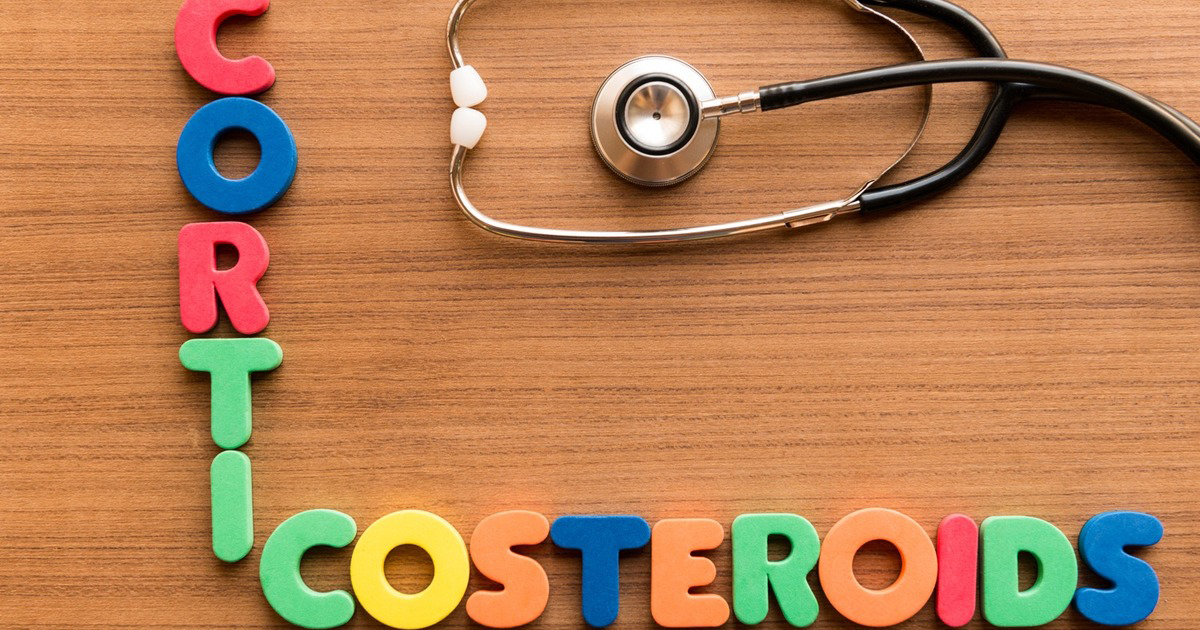How To Treat Graves' Disease
Thyroid Surgery
A Graves' disease patient who has attempted and exhausted all other treatments may elect to have thyroid surgery to treat their disease. The only surgical procedure available to treat Graves' disease is thyroid gland removal surgery. Most patients who end up using thyroid removal surgery to treat their Graves' disease are affected by large-sized goiters in the gland or have a severe allergy or side effects from anti-thyroid medications. An individual's thyroid levels must be brought down into normal range with medication or other methods before having thyroid removal surgery to avoid a thyroid storm, which can occur when a hyperthyroidism patient goes under general anesthesia. Thyroid surgery is the last option for the treatment of Graves' disease because there is no way to avoid the condition of hypothyroidism following the removal of the thyroid gland. Hypothyroidism caused by the removal of the thyroid gland requires medication for the rest of the patient's life to replace the hormones a healthy thyroid gland should make.
Discover additional treatments for Graves' disease now.
Corticosteroids

An individual affected by Graves' disease may need to be treated with corticosteroids if they are experiencing Graves' ophthalmopathy. Eye-related complaints are prevalent among Graves' disease patients at a rate of between twenty-five and fifty percent of cases. Redness, pain, and swelling can be effectively treated with the use of corticosteroids such as dexamethasone, prednisone, and methylprednisolone. These medications can help decrease the amount of swelling that occurs behind the eyeballs of an individual affected by Graves' disease that causes increased pressure inside the eye. Graves' ophthalmopathy doesn’t always align in progression with a patient's actual Graves' disease, as symptoms of Graves' ophthalmopathy can worsen for several months following the improvement of Graves' disease symptoms. Some individuals who have Graves' disease may not be able to tolerate corticosteroids because of their side effects, which include weight gain, increased blood pressure, mood swings, increased blood sugar, and fluid retention.
Get more details on options available for treating Graves' disease now.
